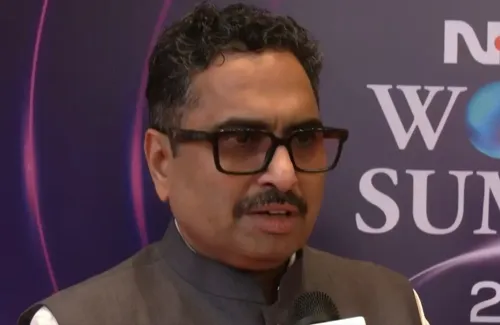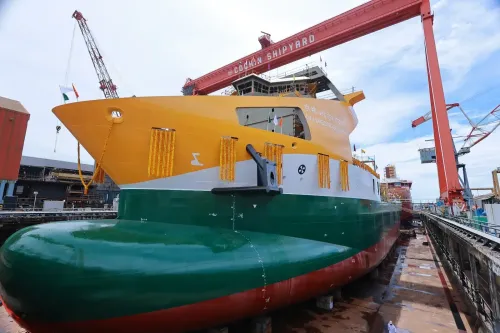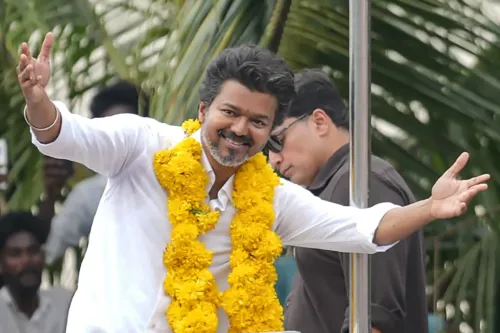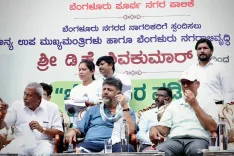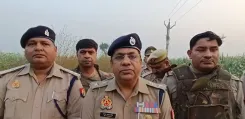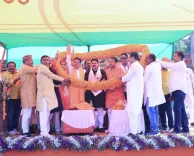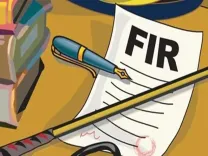Will Pak-Afghan Talks in Doha Focus on Immediate Issues Over Long-Term Solutions?
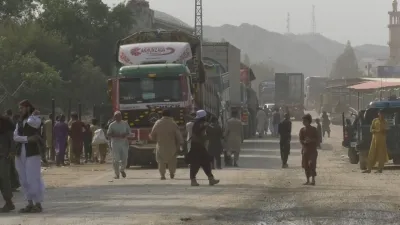
Synopsis
Key Takeaways
- Qatar mediates crucial talks between Afghanistan and Pakistan amid ongoing tensions.
- Immediate security concerns take precedence over long-term diplomatic issues.
- A recent ceasefire has been violated by airstrikes, complicating negotiations.
- Key figures from both nations are present, emphasizing the importance of these discussions.
- The talks could be a critical step towards regional stability.
New Delhi, Oct 18 (NationPress) The ongoing negotiations between Afghanistan and Pakistan, facilitated by Qatar, have emerged amidst a fragile ceasefire, offering some respite to victims and their families residing along the Durand Line. This region recently witnessed intense clashes between the two nations.
However, Afghan officials have reported that Pakistan conducted airstrikes late on Friday, October 17, targeting at least three sites in Paktika province, resulting in the deaths of at least 10 individuals, including three Afghan cricketers. This bombing violated the temporary ceasefire that was reportedly established on Wednesday, October 15.
In the past, Pakistan has carried out similar strikes in Afghanistan, including in the capital Kabul. Pakistan justifies these actions by citing security concerns, alleging that the Afghan government provides sanctuary to groups hostile to its interests.
Despite these claims, the intended targets of the bombings are believed to be elsewhere. There has been no formal apology issued by Islamabad for the deaths of the Afghan cricketers or other civilian casualties.
The lack of an apology complicates the diplomatic atmosphere in Doha, intensifying Afghan public sentiment against Pakistan and exerting pressure on Taliban negotiators to seek formal concessions or guarantees rather than settle for a non-binding statement.
The Pakistani delegation is led by Defence Minister Khawaja Asif and intelligence chief Asim Malik, who have been vocal critics of the Taliban. Asif has repeatedly accused the Taliban of aligning with India, while Pakistan’s Foreign Ministry has labeled Afghanistan a hub for transnational terrorism.
How effectively Pakistan can persuade the Afghan delegation, which includes Defence Minister Mullah Mohammad Yaqub Mujahid and the head of the intelligence agency Abdul Haq Wasiq, remains to be seen.
This meeting was catalyzed by regional actors following a week marked by cross-border violence and airstrikes, which occurred after a brief 48-hour ceasefire reportedly extended for the Doha discussions. Qatar plays a critical mediating role in Afghan and Pakistani diplomacy, having previously hosted negotiations between various factions and the Taliban’s discussions with the international community, serving as a neutral ground.
The United States, during President Donald Trump's administration, signed the ‘Agreement for Bringing Peace to Afghanistan’ with the Taliban in Doha on February 29, 2020.
The presence of defence ministers and intelligence chiefs in the current talks could steer the agenda towards immediate security concerns rather than long-term diplomatic or economic discussions.
Nonetheless, this might pave the way for future negotiations. It is up to Qatar to skillfully facilitate discussions dominated by military and intelligence leaders, ensuring that the focus includes confidence-building measures, public-facing reforms, and long-term political agreements alongside an immediate truce.
According to Khaama Press, diplomatic observers assert that the Doha meeting represents a significant test of Qatar’s mediation efforts amidst deep-seated mistrust between Kabul and Islamabad.
Analysts caution that without a sustainable ceasefire and enhanced intelligence cooperation, the risk of cross-border violence escalating remains, jeopardizing regional stability and worsening the humanitarian situation in Afghanistan’s border provinces.
Therefore, Qatar's mediating role is vital, as facilitators can assist in establishing verification mechanisms, joint monitoring, or third-party observers to convert bilateral distrust into actionable steps. This gathering marks the first official meeting between Afghanistan and Pakistan following heightened clashes, with Qatar and Turkey facilitating the dialogue.


